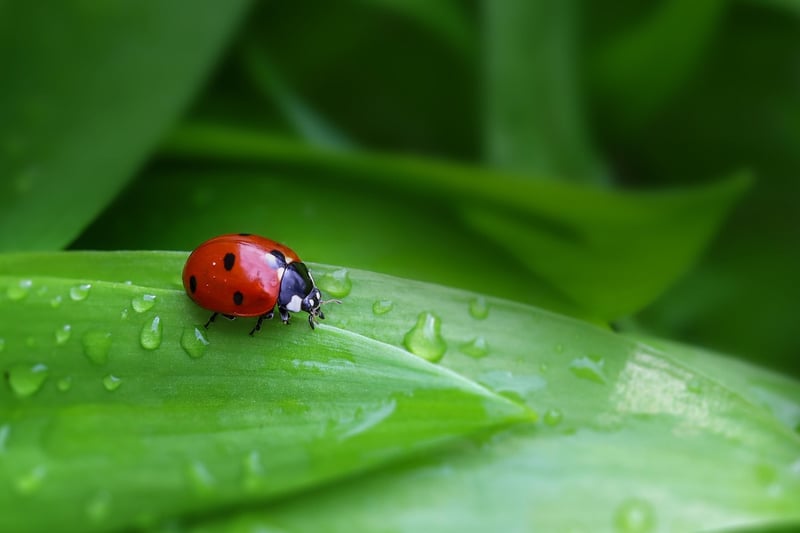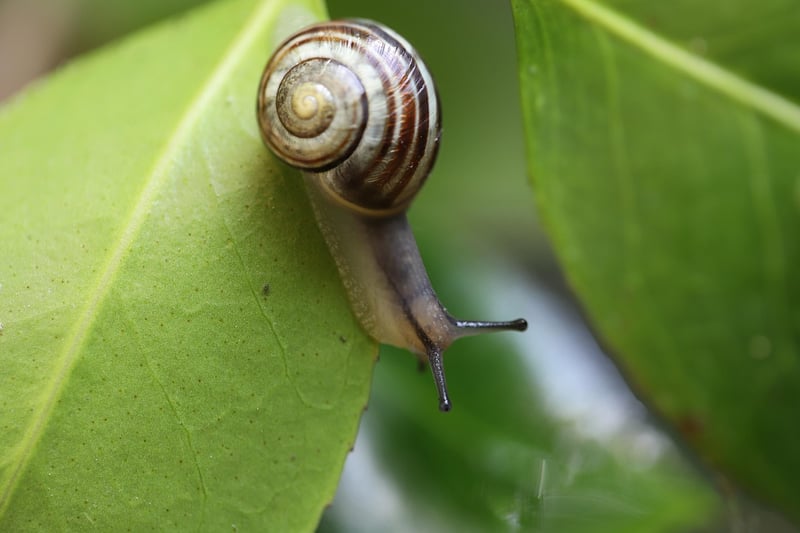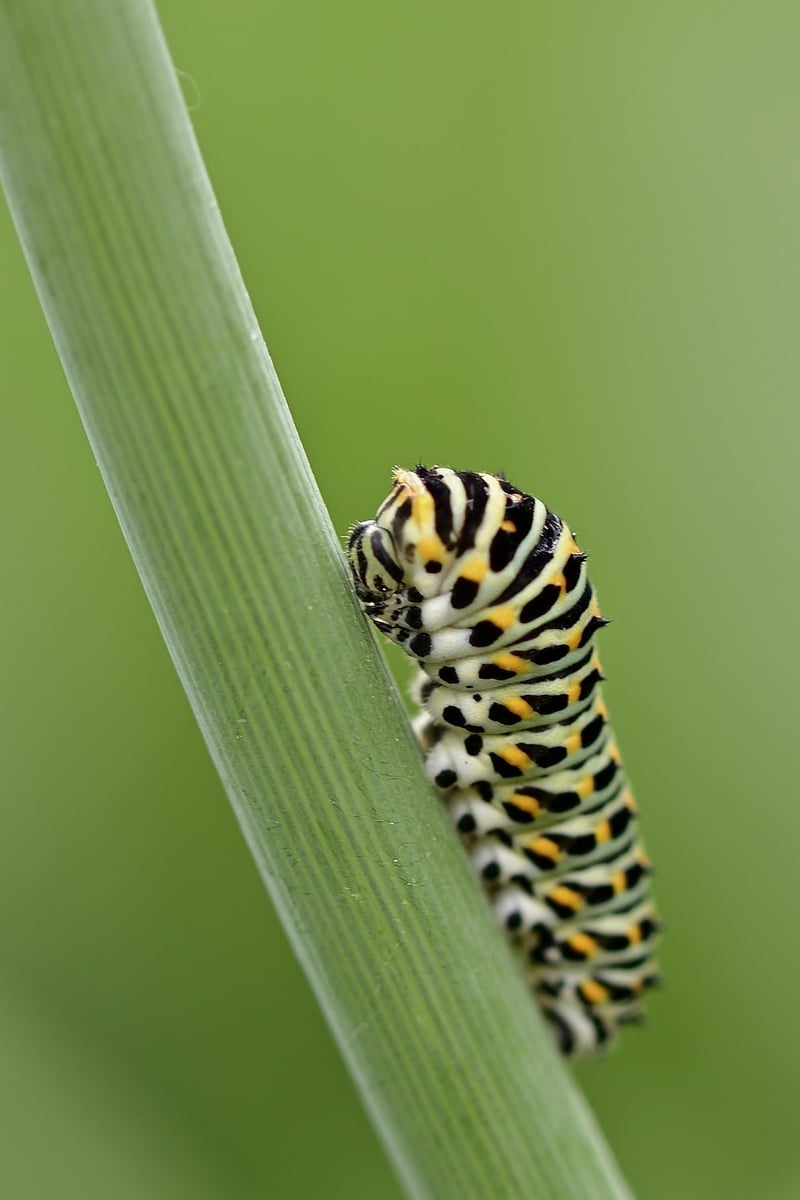Preventive Measures
#Pest Control
#Organic Gardening
#Pest Prevention
Managing Garden Pests and Preventive Measures
Introduction
Gardening is a rewarding hobby, but dealing with pesky pests can be a challenge. In this article, we will explore effective ways to manage garden pests and implement preventive measures to keep your plants healthy and thriving.
Identifying Common Garden Pests
Before addressing pest issues, it's crucial to identify the most common garden pests that may be causing damage to your plants. Some of the common garden pests include aphids, slugs, snails, caterpillars, and spider mites.
Managing Garden Pests
- Natural Predators: Encourage beneficial insects like ladybugs, lacewings, and parasitic wasps that feed on garden pests.
- Handpicking: Remove pests such as caterpillars and snails by hand to prevent further damage to your plants.
- Organic Sprays: Use organic insecticidal soaps or neem oil sprays to control pests without harming beneficial insects.
- Companion Planting: Plant pest-repelling herbs like basil and chives near susceptible plants to deter pests.
Preventive Measures
- Crop Rotation: Rotate crops each season to disrupt pest life cycles and reduce infestations.
- Healthy Soil: Maintain healthy soil with proper nutrients and drainage to promote plant resilience against pests.
- Physical Barriers: Use row covers or netting to protect plants from flying insects and birds.
- Clean Garden: Remove debris and weeds regularly to eliminate hiding spots for pests.
Conclusion
By identifying common garden pests, implementing effective pest management strategies, and adopting preventive measures, you can maintain a healthy garden and enjoy a bountiful harvest. Remember that a balanced ecosystem in your garden is key to keeping pests at bay while promoting plant growth.



